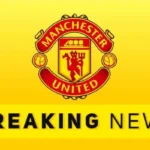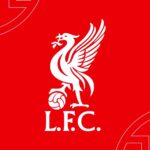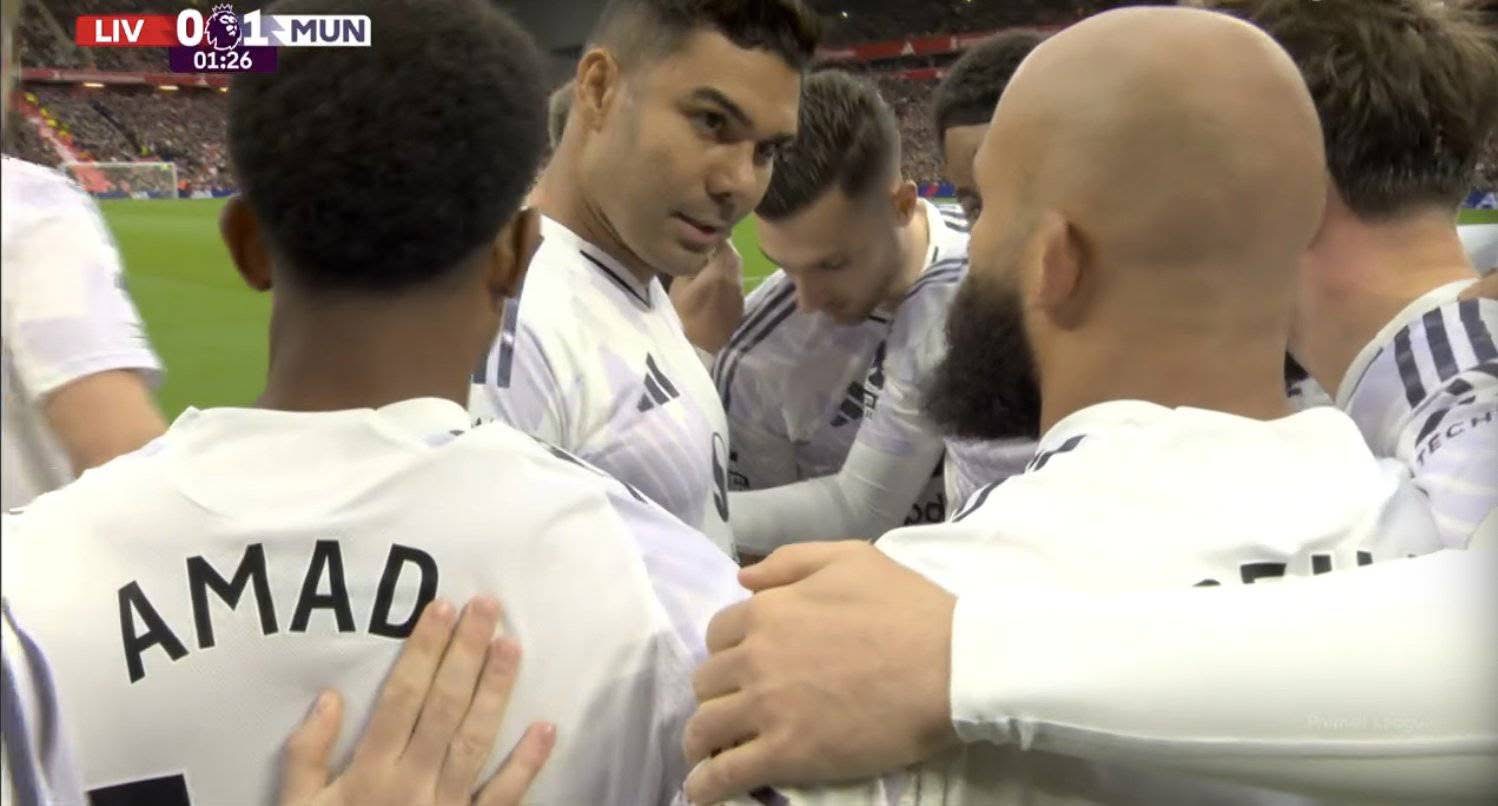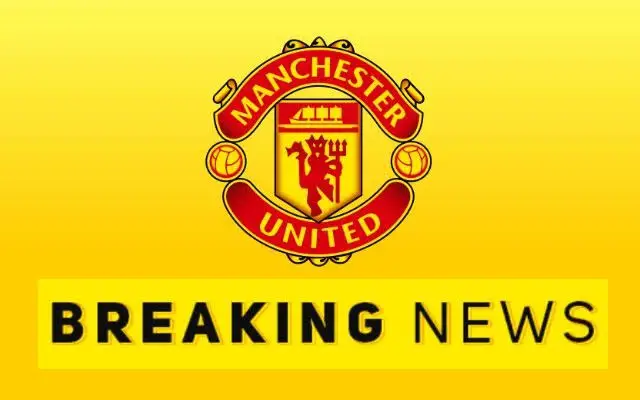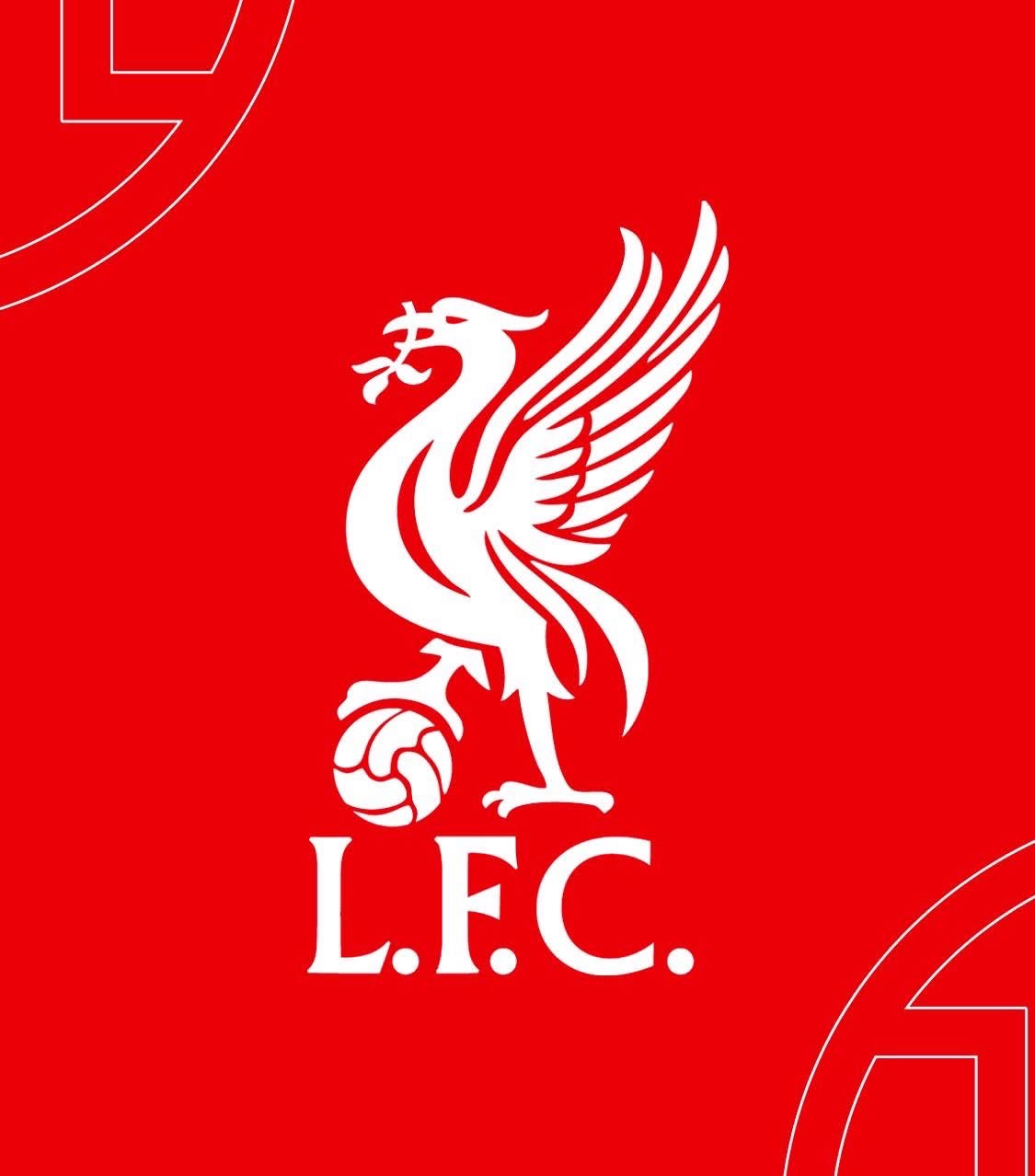Introduction
The Carabao Cup, often dismissed as England’s “secondary” cup competition, has once again become the center of drama, and Manchester United find themselves at the heart of it. News has emerged that United have just five days to decide whether they wish to lodge an appeal regarding the eligibility of a Grimsby Town player who featured against them. While the headline may appear simple, the implications are vast, stretching across issues of sporting integrity, tournament rules, United’s season objectives, and the wider image of football governance.
The Controversy Explained
The situation began when United faced Grimsby Town in the Carabao Cup. What appeared to be a standard match has since been overshadowed by revelations that Grimsby allegedly fielded an ineligible player. In cup competitions, rules are strict: teams must register players correctly, ensure suspensions are respected, and follow protocols regarding loans and eligibility. Breaking those rules often leads to punishments ranging from fines to match forfeitures.
Now, United have been informed that the ball is in their court. They have a five-day window to determine if they will appeal the result formally. If they do, the governing body will investigate, and the outcome could be anything from a replay to United being handed progression in the competition without kicking another ball. If they choose not to appeal, the original result stands, and the matter dies quietly.
Why This Decision Matters for United
At first glance, some may question why Manchester United, a global powerhouse, would bother with such a technicality against a lower-league side. But the truth is, this decision could impact their season significantly.
United’s relationship with cup competitions is complicated. The Premier League and Champions League are always priorities, but the Carabao Cup represents an opportunity for silverware. In recent years, when league titles and European trophies have felt distant, winning domestic cups has provided both relief and momentum. Denying themselves the chance to advance on what is essentially a procedural technicality could appear weak or even negligent.
On the other hand, the club must weigh the optics. Appealing against Grimsby, a team from the lower rungs of English football, might look like bullying. Fans of rival clubs and neutral observers might accuse United of taking advantage of smaller clubs over a bureaucratic error. The board and INEOS leadership must consider not only competitive gains but also how the decision will be judged in the court of public opinion.
The Rulebook and Precedent
Football history is filled with similar controversies. Clubs fielding ineligible players is not new. In fact, the Football League has strict precedent: in most cases, the offending club forfeits the match. A famous example came in 2014 when Sunderland fielded Ji Dong-won improperly. While they were fined, they escaped harsher punishment, which caused uproar among other clubs. In the Carabao Cup itself, Colchester and others have faced penalties in the past.
If the rules are followed consistently, Grimsby should face sanction. That would, logically, mean United progress automatically. But consistency in football governance is rare. The League Cup’s administrators may prefer a softer approach, especially if the error was administrative rather than deliberate. That’s why United’s decision to appeal or not is crucial: silence may let the matter fade, while an appeal forces the issue into the spotlight.
United’s Season Context
Beyond the ethics and rules, there’s the practical context of United’s season. Under Rúben Amorim, the club is trying to reset its identity, rebuild confidence, and regain competitiveness. Every competition matters for momentum. A cup run can build squad morale, give fringe players minutes, and potentially deliver silverware that buys a manager time and goodwill. Opting not to pursue an appeal could mean sacrificing all that.
But there is also the question of fatigue. Fixture congestion is always a problem for United. Progressing in another cup means more midweek matches, more injuries, and more risks. Could some within the club secretly see elimination as a blessing in disguise, freeing the squad to focus on the league? These are calculations being made behind closed doors at Old Trafford.
Fan Perspectives
Supporters are divided. Many believe United must seize the opportunity and appeal. Rules are rules, and if Grimsby broke them, then justice demands United progress. Others argue that United should rise above it, proving they don’t need technical loopholes to succeed. Fans on social media have already debated passionately, some fearing the club will once again look indecisive and toothless if they let the deadline slip.
The Next Steps
The clock is ticking. Five days is not long, especially when the implications stretch beyond one competition. United’s leadership must decide whether they want to be ruthless in pursuit of success or pragmatic in pursuit of public relations peace. Either way, the choice will speak volumes about the “new era” under INEOS. Are they here to assert dominance and demand accountability? Or are they more concerned with appearances than results?
Conclusion
This may seem like a minor controversy, but in football, minor controversies often define seasons. Manchester United’s choice over the next five days could shape not only their Carabao Cup campaign but also public perceptions of the club’s direction under new ownership. Win or lose, appeal or stay silent, one thing is clear: the decision cannot be taken lightly.

